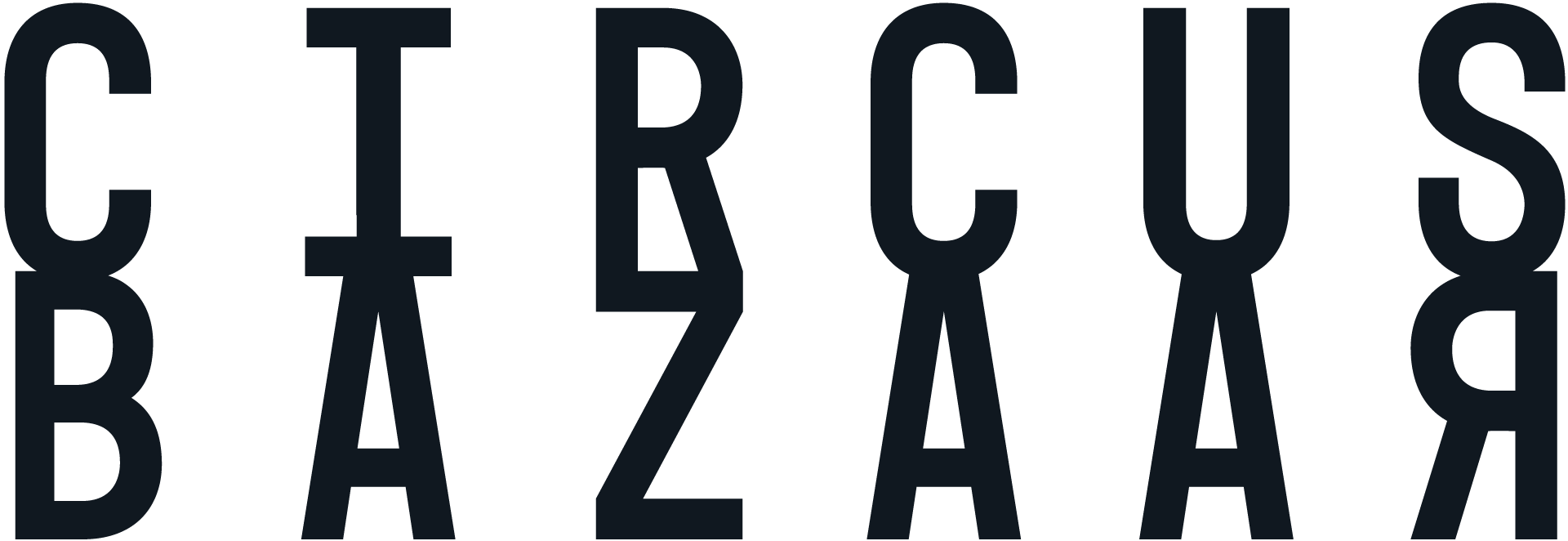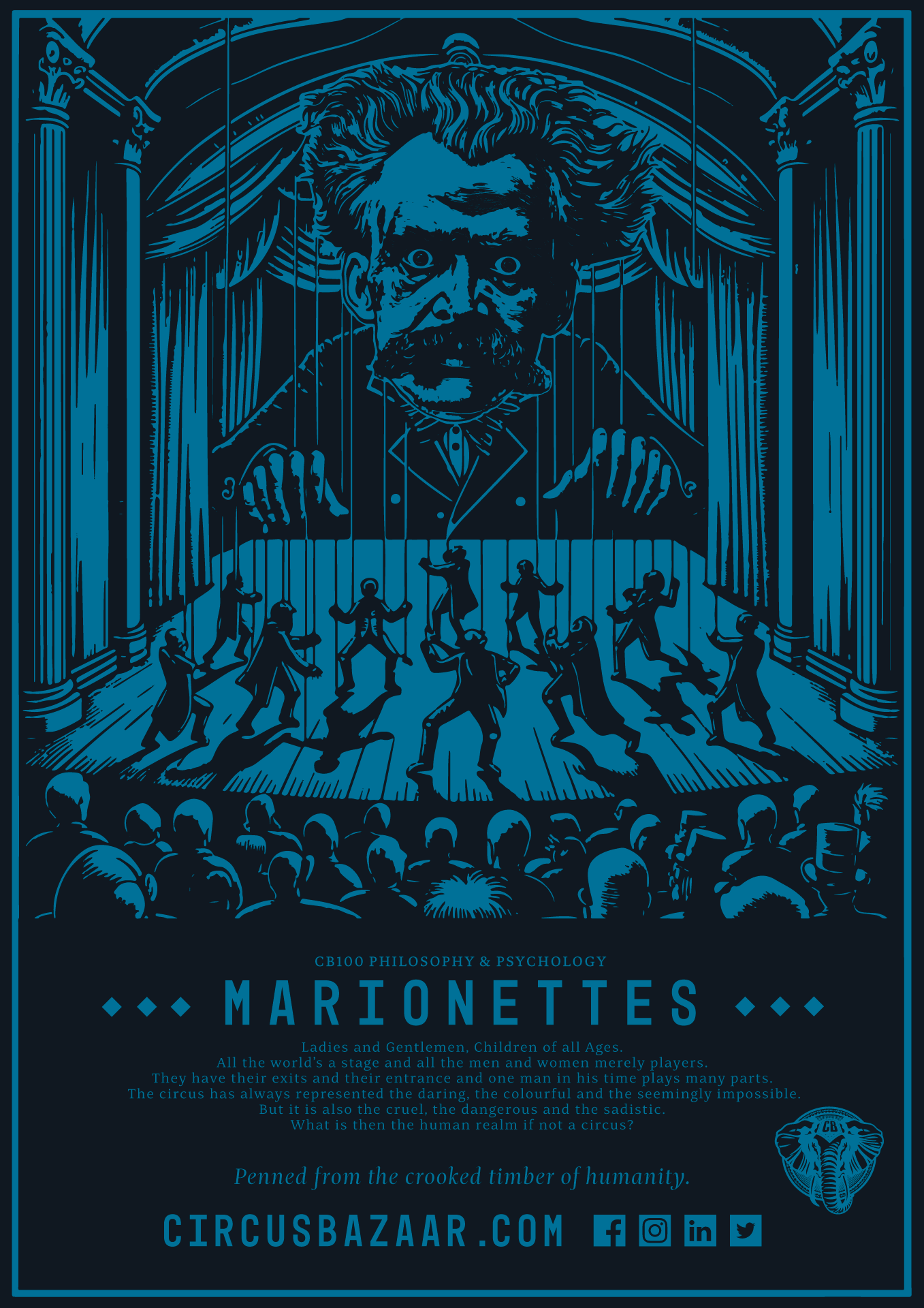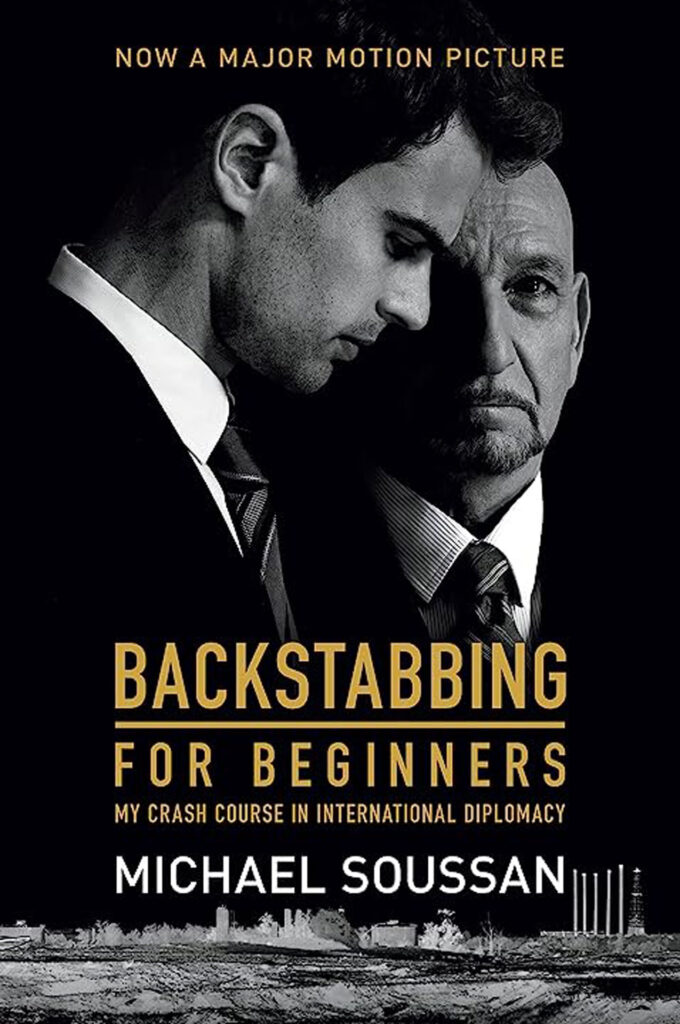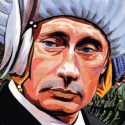There is an achingly fragile nuance at the heart of the American Republic. The U.S. Constitution has been described as a Machine That Would Go of Itself – a complex of calibrated forces set against each other – crafted to mitigate against the seminal fears of tyranny and of fragmentation – with political deadlock frequently the outcome.
But as Michael Kammen points out in his book of that title, this was never the culminating intention of its designers. The Constitutional Republic could only be a machine that would go of itself if on occasion, when circumstances required, a guiding hand – a trustworthy coordinator – could be expected to emerge with the capacity to break the deadlock and spur the machine forward. How this guidance might arise or what form it might take is necessarily unspecified – the role of the Executive branch, for example, was conceived merely to facilitate its emergence – but it gives us the concept and imperative of ‘consensus within conflict’ so crucial to the spirit of American constitutionalism.
As Bernard Crick anointed with In Defence of Politics – politics is that cluster of activities we humans engage in instead of naked and outright coercion. It requires a medium – a stable enough set of agreed upon inferences that manifest themselves in institutions and practices – to operate. Crick argued that while much maligned, politics is in fact a rare and precious activity, eminently preferable to coercion, and warned of its diminishment across much of the world in the 20th century as various isms threatened to challenge it directly or to masquerade in its stead. Crick’s warning was prescient – in only a few pockets of the world today is politics still prosecuted as a robust place-holder against the encroachment of an assortment of veiled tyrannies. Nothing evokes tyranny more than the pantomime of certainty, and certainty spurs polarization. Polarization – where positions are irrevocably staked and engagement – a willingness to listen – becomes contingent, brings with it the cessation of politics. There is alarmingly little politics today in the United States and many other parts of the world – only threats.
Many observers of American politics have documented the gradual bleeding of power to the Executive branch over recent years – this is an important but contingent factor in explaining the cessation of politics. The Trump phenomenon is a vexing reaction – at once fixated on winding back the overreach of the federal government while at the same time exhibiting a distinctly imperial impulse to wield its power unfettered. All in aid, ostensibly, of returning the country to a former glory under the auspices of economic nationalism. Such a project can only continue under the anterior and apolitical assumption that many stakeholders in the status quo will simply have to be crushed.
“What made this episode in our collective history possible was not so much the lies we told one another, but the lies we told ourselves.”
– Michael Soussan
What will be the lasting reaction of the American people – the true and only place-holders for the American Republic and its imperative of a functioning polity? Whatever emerges from the institutional carnage – will it carry forward the remaining vestiges of constitutionalism via some as-yet unidentified collective intent? Or has it already been carried off? Exiting the stage ignominiously when, by the late 1990’s, it was obvious the great post-war experiment in global fantasy free-market neo-liberalism contained within it a gigantic lie. The lie that a critical mass of Americans could be the beneficiaries of the unfettered movement of capital and labour around the globe as per the commands of globalism. And the lie that the rest of the world would continue to act as its subsidiary trustees. As if there were no countries, no peoples, no histories at all – only markets. As if human beings were not inextricably situated in particular social, political, and economic worlds – only ‘free’ economic worlds. If this sounds ridiculous its because it is. A reckoning was inevitable – this current reckoning has taken the form it has because of denial, distraction, and dysfunction – but its substance reflects a more entrenched malady.
That the political and economic doctrine arising from this absurd ideology found its beneficiaries in a tiny proportion of the population will not surprise. Pre-tax incomes for the top .001 per cent increased 636 per cent from 1980 to 2014. And as long as a large enough body of people sitting under the thin upper crust of corporate, bureaucratic, and financial elites self-identified, even privately, as stakeholders in the doctrine it could roll on – and so it did for a while. Most of the increase, however, came not from the genius of capitalism to reinvent itself but simply from the squeezing of those below. And after 2000 most of the economic growth was underpinned by the issuance of high-risk high-return debt by financial institutions backed by the alchemy of their quants. The hubris of these elites is that they thought they could preside over processes that would slowly gut the family, the community, society, and finally the Nation – wiping out an entire supporting structure of stakeholders – and simply continue the ruse. 2008 was merely a blip. A blip absorbed by the U.S. Federal Reserve’s balance sheet. The clock ticks.
Watching America – Americans – in Charlottesville, Ferguson, Charleston, Dallas, St. Paul, Baltimore, Baton Rouge, Alexandria – is to watch frustrated people punching horizontally. Imagine the relief of the .001 per cent that few if any of the frustrated masses have yet to conceive, cultivate, and organize a sustainable capacity to punch vertically. Remember the Occupy movements? Their frustrations are not unique. The counter-isms of the 20th century were rampant failures. And not government, not the market, not art, religion, or science has yet managed to produce an effective response.
What then is the source of this seemingly unyielding power? With its flaws so evident and its capacity for damage all too obvious, why haven’t people managed a better response? The answer lies in how our politics has not kept pace with technology. But I’m referring to an uncommon conception of technology. Technology, in our common understanding, is something invented and controlled by human beings. This is incorrect. Technology is something that happens in the world. It is not anthropocentric. And its apparent artificiality is also a myth. Technology is indistinguishable from nature. The cells in your body are technologies built by your genes for the sole function of replicating themselves. Naturalism is a fallacy. An understanding of technology minus the myths of naturalism and humanism reveals it simply as a “branch of knowledge that deals with the creation and use of technical means and their interrelation with life.” Knowledge is just information that has been gathered together in some organised way. Nature does that without humans.
Institutional reality, the world of social facts that accommodates such ideologies as neo-liberalism, can also be understood as a type of technology. Social facts are always tethered to physical facts. Ideas embedded in social facts do not float freely above physical facts as per the fallacy of post-modernism. So as the widely acknowledged material technology of modern life continues to evolve so rapidly, so does the technology of social facts. And because technology is a force not controlled by human beings nor separated from them, it cannot be altered by an act of will, collective or otherwise. And institutional reality is synonymous with the medium in which political activity is situated – the stable medium without which political activity is impossible. Why do we continue to conceive of technology as apolitical?
The possibility of a trusted coordinator to guide The Machine That Would Go of Itself – that fragile hope at the heart of constitutionalism and thus at the heart of the American experiment – is imperiled by the cessation of politics. The possibility of politics is dependent on a stable enough institutional reality to act as its indispensable medium. The stability of institutional reality is beset by the malady of technology, which is a force human beings did not invent and cannot alter by an act of will. The machine of nature is forever overtaking humankind’s tempered versions of it – the tenets of Enlightenment liberalism that underpin American constitutionalism have not kept pace with the 21st century. The same faith in reason – as a bulwark against the technologies of nature – can be found at the centre of all modern political systems. Centralised authoritarian regimes suffer no less from the same maladies, whatever their ‘characteristics’. As Yanis Varoufakis has recently surmised, the true test of political systems is not in the efficient allocation of rewards in times of abundance, but of the politically expedient allocation of burdens in times of scarcity. On this scale, democracies remain superior – they must rediscover that certainties retard the ability to listen – and that politics are our only bulwark against barbarism and the rise of Emperors. America’s examination is brutal, ugly, necessary, and public. It is a great strength.


























